As the November election inches closer, you might find yourself anxiously pondering about its discourse, results and aftermath.
This is completely normal, and if you feel this way, you are not alone. A recent survey from the American Psychological Association found that over 69% of Americans felt stressed out from the election.
These numbers were also comparable to the previous national election in 2020.
Ashley Nickels, an associate professor in the School of Peace and Conflict Studies, said people tend to worry about elections because they know the results will have substantial impacts on their lives.
“We spend a lot of time drawing on information from groups that we’re associated with,” Nickels said. “If you identify as a Republican for example, the fear around whether or not your preferred candidate wins is a dimension that can shape your emotional response.”
One of the main sources of election stress is political media coverage. Several mainstream media sources deliver partisan coverage biased toward their viewers.
“People have a natural confirmation bias to watch the news that supports their side, and stay away from the news they think supports the other side,” Paul Haridakis, Director of the School of Communication Studies, said. “Viewers get caught up in the media that supports their identity.”
Haridakis also said mainstream media outlets can exacerbate feelings of election stress by framing stories in certain ways to highlight divisive political issues. This can be problematic in times of high political contentiousness.
Another major source of election stress stems from uncertainty. The idea of change on a national scale creates questions about what that will look like, which can prompt worry.
“We know that some form of change is about to happen, and change causes tension no matter what,” Nickels said. “A lot of people’s concerns are anchored in a moment of real uncertainty.”
Election stress can have a variety of effects on individuals depending on its context, and in some ways those effects can be positive.
In some cases, stress can arise from individuals feeling as if they’re not prepared or informed enough on candidates and voting information, so they may seek out as much information as they can. In other cases, the thought of someone’s preferred candidate losing can push them to engage civically for their campaign to help them win.
“There’s a lot of different ways fear, anger, anxiety and stress manifest,” Nickels said. “I suggest challenging people to really think about what that emotion is. There are different ways we might channel that into different forms of engagement that make us feel better in the process.”
Some groups could be even more vulnerable to instances of election stress, especially if their identity is tied to a key issue in political debates and discourse.
These could be members of the LGBTQ+ community, immigrants, reproductive rights advocates and even members of a cultural or economic group.
“When something is extremely important to us that’s highlighted, and if we think one candidate poses a real or symbolic threat to our identity, it’s really central to us,” Haridakis said.
If you feel as if you’re suffering from election stress, there are several solutions and ways to deal with it.
Kent State Counseling and Psychological Services detailed a list of 10 tips to protect your mental health and well-being from the onset of election stress. To Haridakis, the best thing to do is pay attention to the media you consume.
“Being diverse in our media habits may help, because we’ll see both sides of issues to be more informed, so we won’t be focused solely on stories that attract attention and get us wound up over a particular issue,” Haridakis said. “More than anything, seek out accurate information, because a lot of stress is caused by hearing inaccurate information that makes us fearful.”
Connecting with others and building a community can also be beneficial toward dealing with election stress. Nickels is part of a coalition of staff, students and faculty organizing “A Day of Radical Hope.” The event aims to unite campus in thinking optimistically, combat fear and hate and address and reframe feelings of stress.
“Stress is telling you something, so listen to it,” Nickels said. “When we acknowledge how we’re feeling, we are better prepared to take action.”
John Engoglia is a beat reporter. Contact him at [email protected].


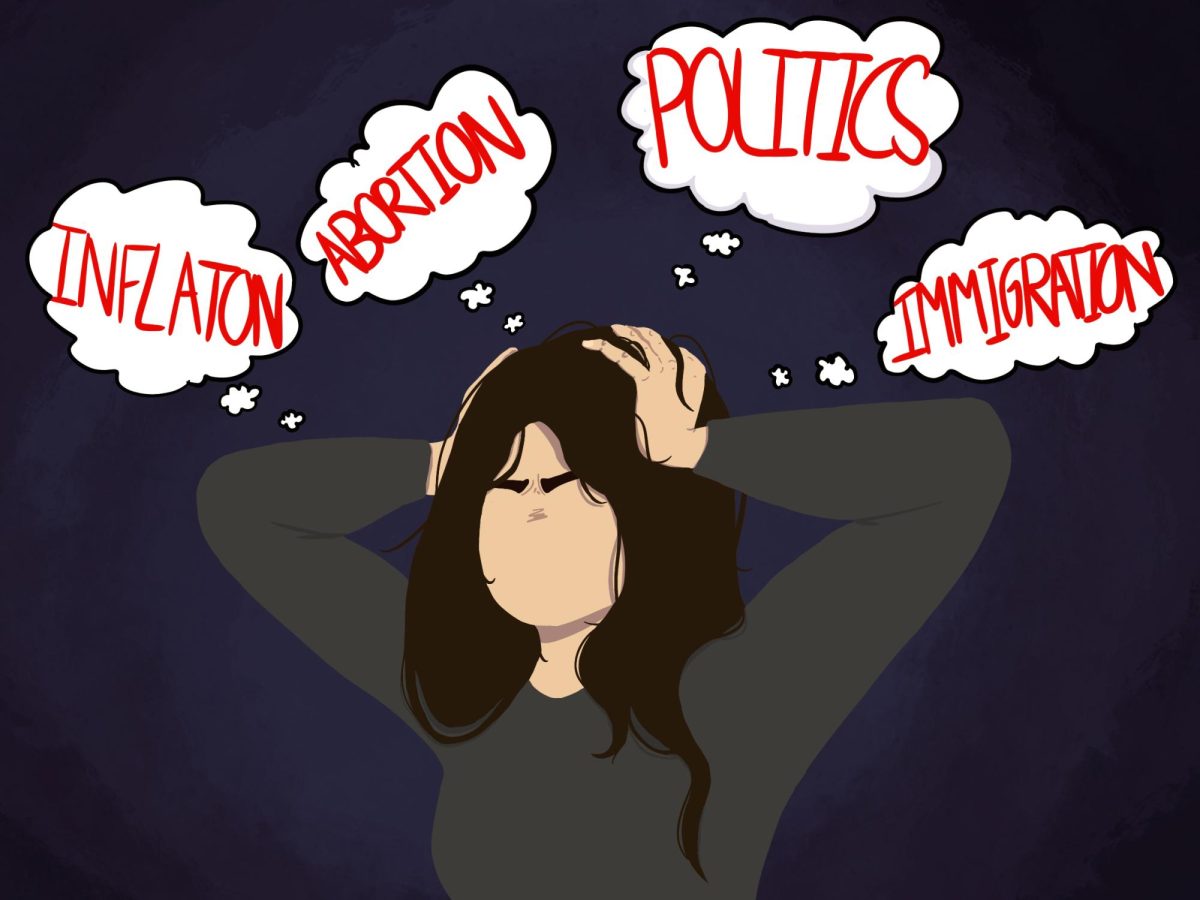


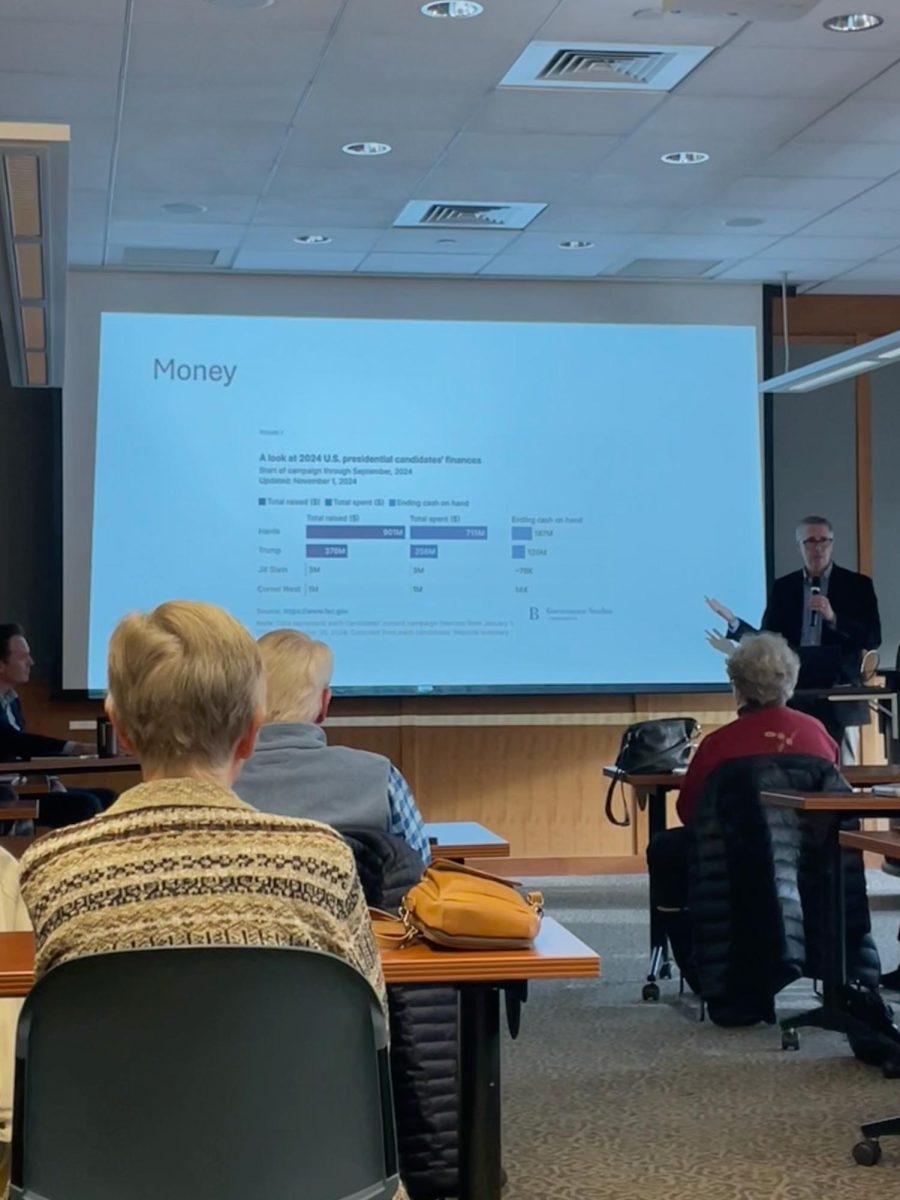
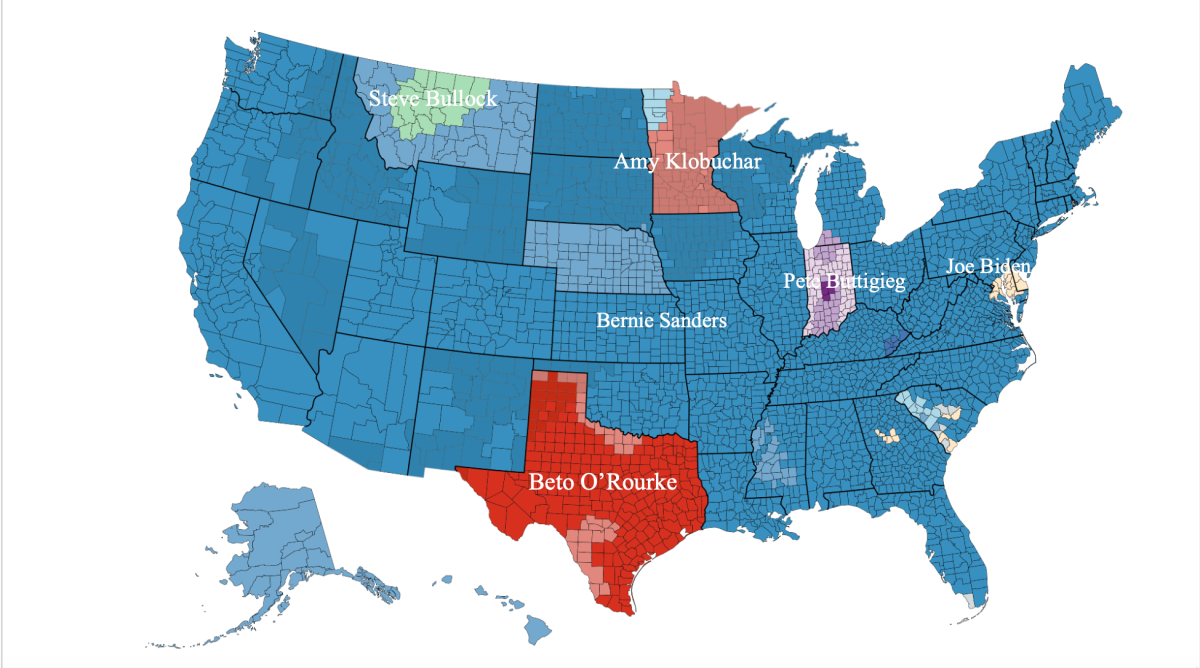

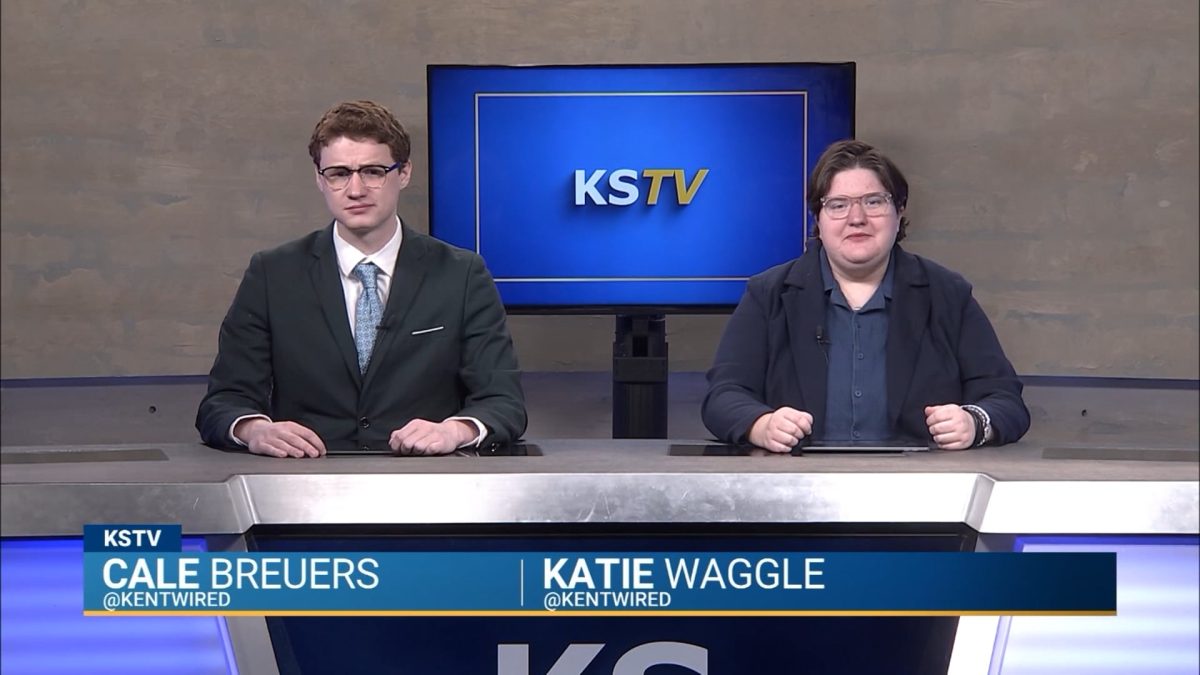
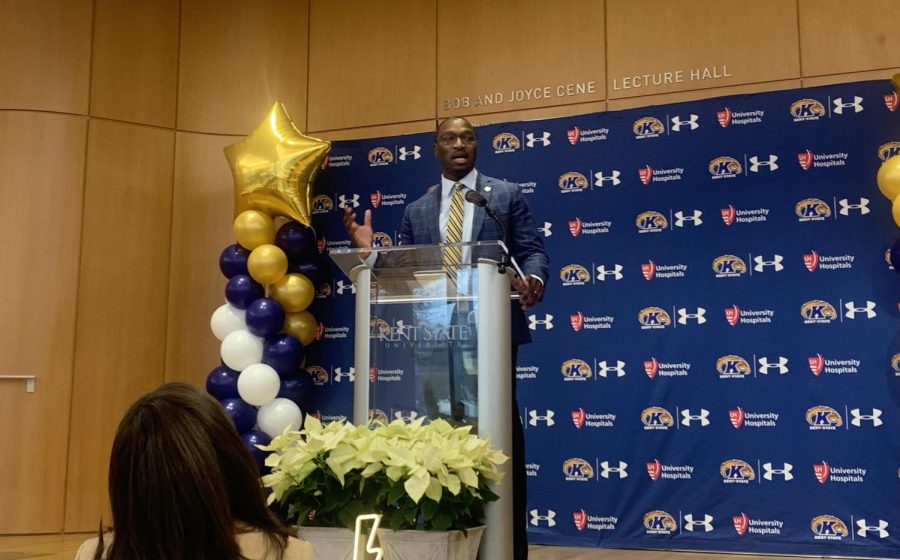


etorres • Nov 1, 2024 at 12:35 pm
Where are the results from Kentwired qr poll?